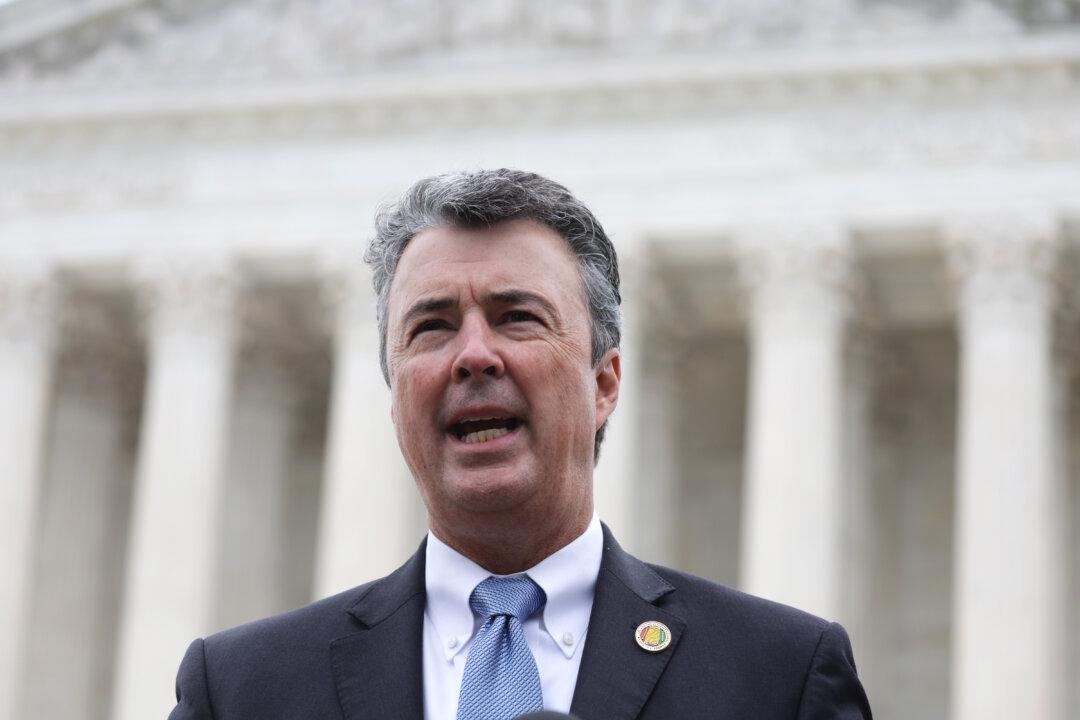The Alabama Supreme Court’s finding last month that frozen embryos created through in vitro fertilization (IVF) are considered minor children under state law has been hailed by the pro-life movement.
But the effect of the ruling was soon blunted when the Alabama Legislature passed a bill shielding IVF providers and customers from liability for embryo deaths, which was signed into law by Alabama Gov. Kay Ivey on March 6.





